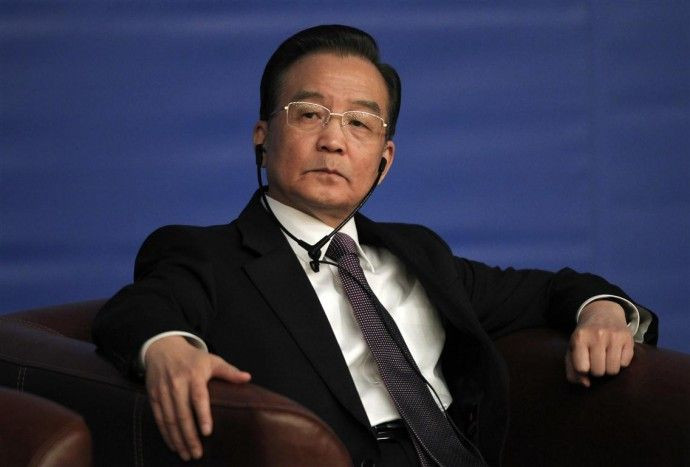China to tighten monetary policy in 2011

China will shift monetary policy from the current stance of relatively loose to prudent next year, reported the country's state-controlled media on Friday.
Back in late 2008, in response to the global financial crisis, China's enacted a 4-trillion yuan stimulus package and eased monetary policy from tight to moderately loose.
Now, officials were prompted to change their position because China's domestic economy is maintaining strong momentum while inflation runs high and liquidity from abroad grows.
China's GDP growth was at an annual pace of 9.6 percent in third quarter 2010, down from the growth rates recorded in the first two quarters of this year but still outpacing most of the world.
Meanwhile, the real estate sector is overheating and food inflation is rampant at 10.1 percent year-over-year in October 2010. Moreover, the ultra-loose monetary policy of the United States threatens to flood China with hot money and exacerbate the asset inflation problem.
On the fiscal side, it plans next year to maintain a proactive fiscal policy.
Xianfang Ren, an economist at IHS Global Insight, said the statement of the Chinese central leadership today suggests an official end of the easy cycle of China's monetary policy, although the country's fiscal policy will remain in the expansionary mode for quite some time to ensure adequate growth.
Ren said key goals of the Chinese government next year are stopping inflation in food and assets from spreading to general consumer goods and maintaining fiscal policy to avoid crashing the economy and housing market.
Even before this official policy shift, the Chinese government already began tightening monetary policy early in 2010 by raising reserve requirement ratios for banks. Recently, it began raising interest rates.
So far in 2010, risk assets around the world often sold off in response to China's monetary tightening moves.
One fear is that the tightening would go too far and cause the Chinese economy and real estate market to implode. A second concern is how much these policies will push down China's demand for services and goods -- especially commodities -- worldwide.
Global investors and businesses will likely monitor these two issues closely as China embarks on its new monetary policy direction.
Email Hao Li at hao.li@ibtimes.com
© Copyright IBTimes 2025. All rights reserved.



















